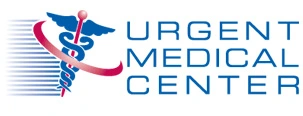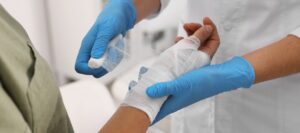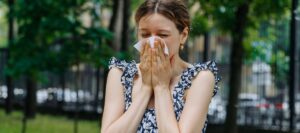
9.9% of injured equestrians require hospitalization, but the majority requires less serious medical attention. The most common injuries equestrians incur are soft-tissue injuries, for instance a laceration, abrasion or contusion, followed by a dislocation, fracture, strain or sprain. The upper extremities are the most commonly injured including the wrist, shoulder and elbow. Rodeos bring about the highest instance of injury followed by jumping. Most equestrian accidents occur while riding a horse, although plenty of people are injured handling, grooming, or feeding a horse. (Learn more)
We have seen many equestrian injuries first-hand, from broken arms to smashed toes and more. We strive to keep equestrians in Davie, Florida safe with fast medical attention when they need it most. You can greatly reduce your chances for injury with the following equestrian safety tips.
Reduce Risk For Injury With Equestrian Safety
As an avid equestrian I understand the need to be at the barn, regardless of any associated dangers. I also understand how easy it is to get comfortable around horses and forget some of the basic safety rules. You can help protect yourself from serious injury by practicing good equestrian safety at all times.
Always wear a hard helmet. Head injuries are the leading cause of death in equestrian related accidents, and wearing a helmet can greatly reduce your chances of a serious head injury. In fact, you can fall right on your head in a helmet and still suffer nothing more than a slight headache. Yet, without a helmet the results could be far worse, including traumatic brain injury. Your helmet should be securely fastened and fit properly. Also, it is recommended to replace your helmet every so often, especially if you have fallen directly on your head while wearing the helmet.
Wear boots with a proper heel when riding. Many equestrians become injured when their foot becomes trapped in the stirrup during a fall. In this instance, a rider can be dragged by the horse and stepped on, potentially causing very serious injuries. Riding boots are specially made with a heel in order to help prevent your foot from sliding through the stirrup and becoming caught. Even if you are not riding you should wear substantial closed-toe, thick boots to prevent a horse from accidentally stepping on (and breaking) an exposed toe.
Wear a riding vest. Horseback riders often complain riding vests get in the way or are cumbersome, but they can literally save your riding career from being shattered due to broken ribs and other upper body injuries. Trying on different styles and brands of vests can help you find one that fits comfortably.
Watch your location around horses at all times. Beginners are taught exactly where to stand around a horse to avoid accidental injuries, but over time more advanced riders tend to dismiss these rules. You may trust your horse, but no horse is 100% predictable. All it takes is one unexpected jump, kick or quick side step and your horse can accidentally injure you if you are positioned incorrectly.
Navigate trails with caution. Galloping along a wide-open road is exciting, fun and a great break from going round and round in the arena. Poor footing, steep inclines, or an unexpected log along the trail can cause your horse to fall or stumble. Know your surroundings, and never go too fast to prevent avoidable accidents.
Always check tack before climbing on. A loose girth or bareback pad can quickly turn dangerous if the saddle or pad slips to the side while you are riding. Start off with a loose cinch or girth and slowly tighten it as you tack up, tightening one last final time before mounting.
Trust between horse and rider is an important component of horseback riding but even the best horses can spook due to a fast falling object or a loud and unexpected sound. Good barn safety means being prepared in the instance your horse does something unexpected.
No matter how careful you are, injures around the barn are never 100% avoidable, after all there are plenty of ways to get hurt when hanging out with largely unpredictable animals that weigh over 1,000 pounds. If your horse bucks you off or steps down hard on your toe, we are here for you. Urgent Medical Center is the leading Urgent Care provider in Davie, Florida where horseback riding is a way of life!





